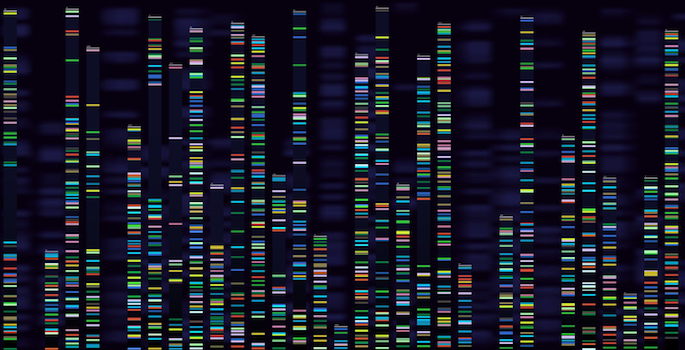Electronic Health Records
-

Ensuring the “best possible” medication history
About 80% of hospital admission electronic records were missing a drug prescribed to an older adult, Vanderbilt researchers found, highlighting the need for a multipronged approach to address medication discrepancies and support safe prescribing practices. Read MoreJan 18, 2022
-

Using billing codes to count cancers
The billing codes in electronic health records are useful for counting skin cancers over time — an important metric for cancer risk assessment and prevention. Read MoreSep 2, 2021
-

Probing statin-associated diseases with genetics
Vanderbilt researchers used genetics tools and biobanks with linked electronic health records to explore the associations between statins and noncardiovascular diseases. Read MoreJul 12, 2021
-

COVID-19 complication underdiagnosed
A mysterious inflammatory syndrome linked to COVID-19 infection and first identified in children also occurs in adults, Vanderbilt researchers report. Read MoreJun 17, 2021
-

Predictive model identifies patients for genetic testing
Patients who, perhaps unbeknownst to their health care providers, are in need of genetic testing for rare undiagnosed diseases can be identified en masse based on routine information in electronic health records (EHRs), a research team reported June 3. Read MoreJun 3, 2021
-

Codeine metabolizer status in clinical practice
Vanderbilt researchers have developed a response score using genetic and clinical information to aid prescribing of the widely used pain medication codeine. Read MoreApr 5, 2021
-

COVID-19 met with intensive teamwork
Team members serving COVID-19 inpatients were more densely connected, interacting far more than their medical ICU counterparts. Read MoreApr 1, 2021
-

Grant supports speedy sorting of health records by phenotype
Wei-Qi Wei, MD, PhD, assistant professor of Biomedical Informatics and scientific director of the Precision Phenotyping Core at the Center for Precision Medicine, has been awarded a four-year, $1.7 million grant from the National Institutes of Health to continue development of high-throughput software for quickly identifying traits of interest, or phenotypes, in electronic health records (EHRs). Read MoreFeb 11, 2021
-

Study will delve into EHR for signs of suicidality
Retrieval of clearer, more complete information from the EHR could go a long way toward improving predictive models of who will next be at risk of suicide, thereby improving care for patients with suicidal thoughts and behaviors. Read MoreFeb 11, 2021
-

Award supports integration of genomic data, electronic health records
Eric Gamazon, PhD, assistant professor of Medicine, has been awarded a $1.5 million grant from the National Human Genome Research Institute, part of the National Institutes of Health (NIH), to develop novel computational tools that integrate functional genomic data and electronic health records. Read MoreSep 10, 2020
-

EHRs, biobanks and Mendelian diseases
Electronic health records and biobanks can be effectively combined to detect and study Mendelian diseases such as cystic fibrosis. Read MoreApr 30, 2020
-

How to fake a medical record in order to mitigate privacy risks
In machine learning, generative adversarial networks (GANs) involve two artificial neural networks squaring off, one, the generator, trying to delude the other, the discriminator, into accepting synthetic data as real. Beyond their science and engineering applications, GANs can generate utterly convincing “photographs” of people who do not exist. Unrestricted use on a wide scale of... Read MoreNov 4, 2019